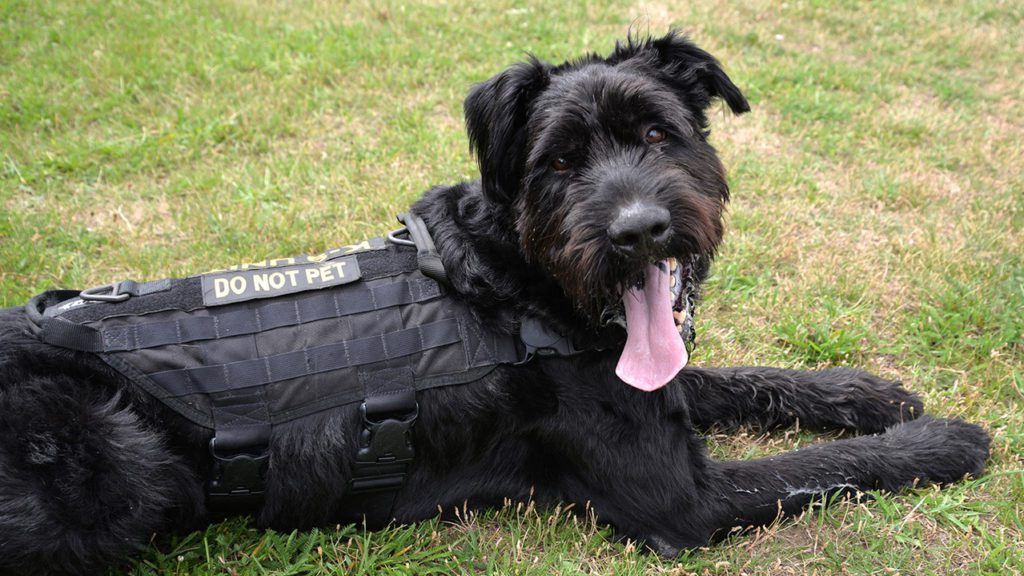As the world starts flying again, there are a lot of people who have voiced their concerns over health passports vs. temperature checks vs. a 2-week quarantine once you get to your destination.
Some researchers in the U.K. and are looking at a totally different possibility that would be significantly less intrusive, potentially more accurate and definitely would take a shorter amount of time: dogs that were trained to smell coronavirus, even before people started to show symptoms.
The U.K.’s government has granted £500,000 (over $600,000) to the study, which is being conducted by researchers from the London School of Hygiene and Tropical Medicine, Durham University and charity organization, Medical Detection Dogs. They are currently training 6 dogs, all Labrador retrievers or cocker spaniels, to recognize if a person has coronavirus.
A dog’s sense of smell is said to be about 1,000 times better than ours. Specially-trained dogs are already used to sniff out certain illnesses such as diabetes, cancer, Parkinson’s disease and malaria, so the idea that they could be trained to detect COVID-19 isn’t very farfetched.
The team believes that once a person has a respiratory disease such as COVID-19, it causes changes in a person’s body odor, even before they have symptoms, and the dogs would be trained to recognize said change.
Professor James Logan is the head of the London School of Hygiene and Tropical Medicine’s department of disease control. He’s the lead researcher on the study and said of the program: “It builds upon years of research that we’ve already done as a team to demonstrate that people who have a malaria infection have a distinctive body odor and we’ve shown that dogs can be trained to detect that with very high accuracy.”
“Our dogs will be trained on a dead virus and then have no contact with the individuals they are screening, but will sniff the air around the person,” explained Medical Detection Dogs representative, Gemma Butlin. “The dogs will only be permitted to be touched by the handler, which therefore means there will be very low risk of spread of the virus from the dog to their handler or to the people they live with.”
If the studies are successful, it’s believed each dog could screen upwards of 250 people per hour.
Here’s more info about it (and some cute dogs!)
Reference: CNN
#stayhealthy #staysafe #washyourhands
Like this post? Please share it! We have plenty more just like it and would love it if you decided to hang around and get emailed notifications of when we post. Or maybe you’d like to join our Facebook group – we have 13,000+ members and we talk and ask questions about travel (including Disney parks), creative ways to earn frequent flyer miles and hotel points, how to save money on or for your trips, get access to travel articles you may not see otherwise, etc. Whether you’ve read our posts before or this is the first time you’re stopping by, we’re really glad you’re here and hope you come back to visit again!
This post first appeared on Your Mileage May Vary
Join our mailing list to receive the latest news and updates from our team.

